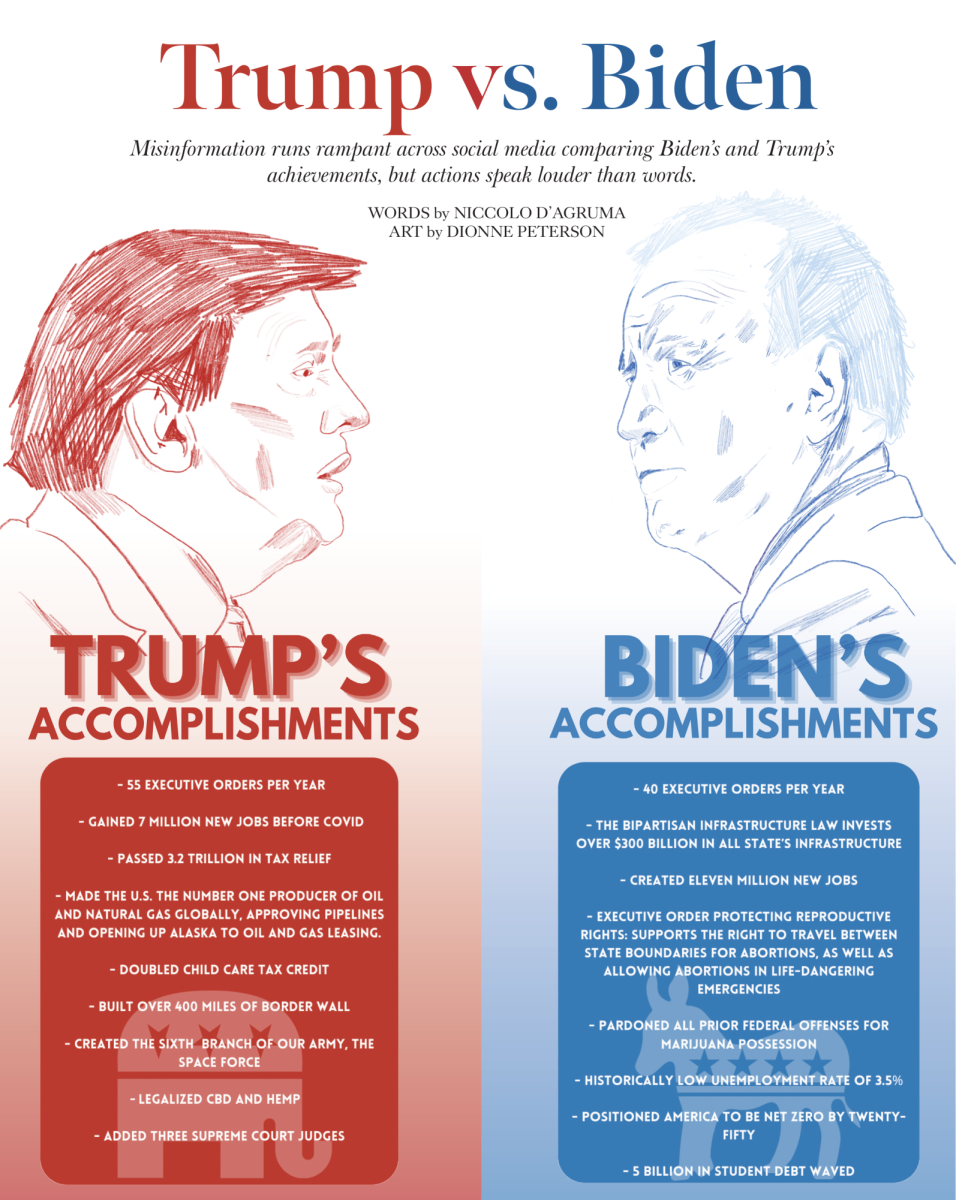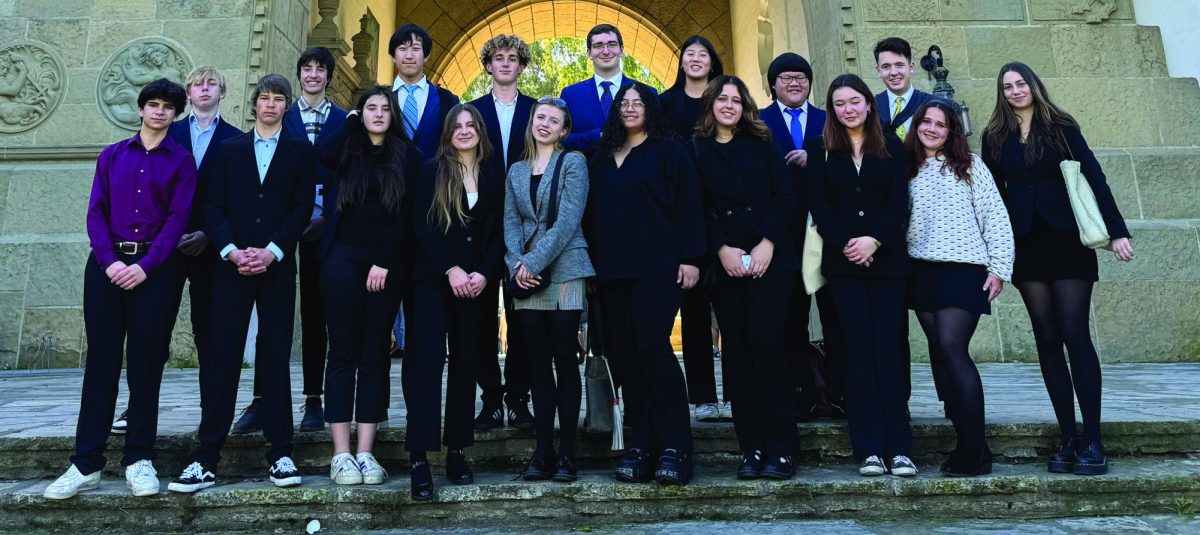As the growing aches and pains shoot through our hands with our fingers tightly gripped around our pencils, new research shows growing evidence of the benefits of handwriting in comparison to typing. Studies have shown the advantages of retaining certain information by writing by hand, which boosts connectivity within different regions of our brain that are implicit for learning and memory. In recent research conducted by Frontiers in Psychology, a group of college students were asked to handwrite words, and researchers observed specific brain waves that were directly related to memory formations versus when tasked to type those words. These findings have only reinforced the evidence pointing to the benefits of handwriting, which could help educational spaces re-implement more focused handwriting curricula that support a California law stating that teaching grades 1 through 6 cursive is required. In an interview with Ramesh Balasubramaniam, a neuroscientist at the University of California, Merced by Science New.org, studies show “a fundamental difference in brain organization for handwriting as opposed to typing.” Over the years, several studies have proven that handwriting has helped with spelling accuracy, conceptual understanding, and memory recall, according to Science News. org. The laborious process of tracing each letter has strengthened the retention of the material and given it more time to process. This evidence was proven by a group of psychologists from the Norwegian University of Science and Technology in Trondheim, who gathered students to participate in their study by sticking electrodes on their heads while performing specific tasks.
The researchers asked the students to either handwrite in cursive with a digital pen or type out a word that would pop up on a computer screen. The sensors attached to the cap would then record the electrical brain activity throughout each task. In doing so, the psychologists identified coherence, which can be seen when two brain areas simultaneously have an identical frequency of electrical waves. Based on their observations with handwriting, studies showed an increase in activity with low-frequency bands, known as alpha and theta, in both motor areas from movement and other regions related to learning. The low-frequency bands are connected to previous research that shows low frequencies supporting memory processes. The researchers compared handwriting to typing; they observed that there was increased connectivity in the parietal brain regions associated with both motor and sensory processing. This information now suggests apparent differences in the process of brain activation when a person writes of types. Balasubramaniam told Science New.org, “Even when the movements are very similar, the activation seems much, much higher in handwriting. It shows that there’s more involvement of these brain regions when you’re handwriting, which might give you some specific advantages.” Based on this research, the stimulation boosts observed in handwriting support the claim that these specific waves lead to stronger memory formation and encoding. Although the study did not test the students to determine whether or not they remembered the words, it is still unclear the specific reason how the increased activity directly impacts learning, says psychologist Kathleen Arnold of Radford University in Virginia in an interview with Science News.org. While there may be advantages connected to handwriting and memory retention, typing is constantly found to be more practical and faster; teachers and students should consider when it should be more beneficial to use handwriting vs. typing. For activities such as taking notes, it may be more helpful to handwrite, while when writing an essay, it may be more logical to type it out. Although much more research is needed to understand handwriting as a learning strategy better, people like Balasubramaniam believe handwriting shouldn’t be forgotten amidst the constantly evolving digital world we have been accommodated to.












